A Master's in Dairy Microbiology opens doors to roles in quality control, research, and management in the dairy industry, offering a promising future and numerous benefits.
Future Scope & Benefits for Master in Dairy Microbiology Course
The field of Dairy Microbiology, a specialized branch of microbiology that focuses on the study of microorganisms in dairy products, has gained significant importance in recent years. With the advancement of technology and increasing consumer awareness about food safety and quality, pursuing a
Master's degree in Dairy Microbiology can offer promising career prospects and numerous benefits. In this article, we will explore the future scope and benefits of pursuing a Master's degree in Dairy Microbiology.
Future Scope: Master's Degree in Dairy Microbiology
-
Rising Demand for Dairy Products: Dairy products are an essential part of the human diet worldwide. As the global population continues to grow, the demand for dairy products such as milk, cheese, yogurt, and butter is also increasing. This growing demand creates a need for experts in Dairy Microbiology who can ensure the safety and quality of these products.
-
Food Safety and Quality Assurance: With increasing concerns about foodborne illnesses and food adulteration, there is a growing emphasis on ensuring the safety and quality of dairy products. Dairy microbiologists play a crucial role in developing and implementing safety protocols, conducting quality control tests, and researching new methods to enhance the shelf life of dairy products.
-
Research and Development Opportunities: Advancements in biotechnology and microbiology have opened up new avenues for research and development in the field of Dairy Microbiology. Researchers in this field work on developing probiotic dairy products, studying microbial interactions in dairy fermentation processes, and exploring innovative methods for dairy product preservation.
-
Career Opportunities in Various Sectors: Graduates with a Master's degree in Dairy Microbiology can find employment opportunities in diverse sectors such as dairy industry, food processing companies, research institutions, government organizations, and regulatory bodies. They can work as food microbiologists, quality assurance managers, research scientists, and food safety consultants.
-
Entrepreneurship Opportunities: With a strong foundation in Dairy Microbiology, individuals can start their own dairy product manufacturing ventures. Entrepreneurship in the dairy industry offers the freedom to innovate, create unique products, and cater to niche markets, thereby contributing to the growth of the dairy sector.
Benefits of Pursuing a Master's Degree in Dairy Microbiology:
-
Expertise in Microbial Analysis: A Master's degree in Dairy Microbiology equips students with in-depth knowledge of various microorganisms, their roles in dairy processes, and methods for microbial analysis. This expertise is invaluable in ensuring the safety and quality of dairy products.
-
Specialized Knowledge and Skills: The specialized curriculum of a Master's program in Dairy Microbiology covers topics such as dairy fermentation, food safety regulations, biotechnology applications, and quality control techniques. Graduates acquire specific skills that are highly sought after by employers in the dairy industry.
-
Hands-on Experience: Many Master's programs in Dairy Microbiology offer hands-on laboratory experiences and internships. These practical opportunities provide students with real-world skills, laboratory techniques, and exposure to industrial processes, making them industry-ready upon graduation.
-
Global Perspective: As the dairy industry is global, a Master's degree in Dairy Microbiology often includes an international perspective. Students learn about global trends, international regulations, and best practices from different countries, preparing them for careers in multinational companies or research collaborations worldwide.
-
Career Advancement and Higher Salaries: Graduates with a Master's degree in Dairy Microbiology are often preferred for leadership positions and research roles within the dairy industry. With advanced qualifications, individuals can expect higher salaries and faster career progression compared to those with only a bachelor's degree.
-
Contribution to Public Health: Dairy microbiologists play a crucial role in ensuring the safety of dairy products, which directly impacts public health. By preventing foodborne illnesses and ensuring the quality of dairy products, professionals in this field contribute significantly to improving the overall health and well-being of communities.
 2 Years
2 Years
 Post Graduate
Post Graduate
 Agriculture
Agriculture
 Full Time
Full Time

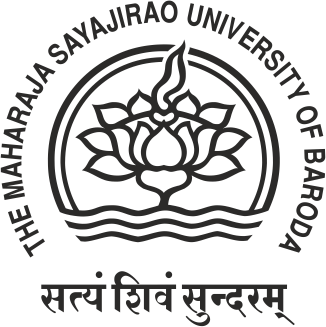
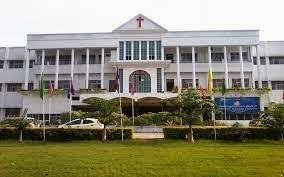
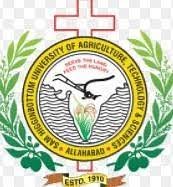
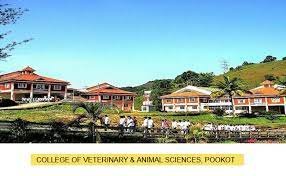
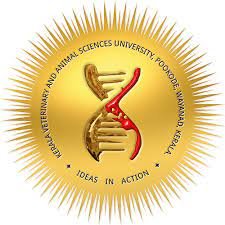

 back
back

